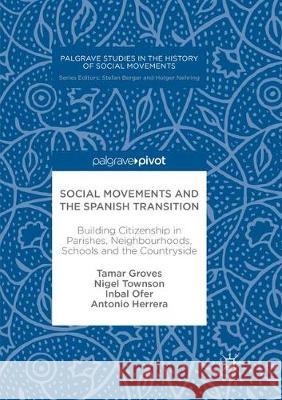Social Movements and the Spanish Transition: Building Citizenship in Parishes, Neighbourhoods, Schools and the Countryside » książka
topmenu
Social Movements and the Spanish Transition: Building Citizenship in Parishes, Neighbourhoods, Schools and the Countryside
ISBN-13: 9783319871745 / Angielski / Miękka / 2018 / 144 str.
Social Movements and the Spanish Transition: Building Citizenship in Parishes, Neighbourhoods, Schools and the Countryside
ISBN-13: 9783319871745 / Angielski / Miękka / 2018 / 144 str.
cena 220,86
(netto: 210,34 VAT: 5%)
Najniższa cena z 30 dni: 212,02
(netto: 210,34 VAT: 5%)
Najniższa cena z 30 dni: 212,02
Termin realizacji zamówienia:
ok. 22 dni roboczych.
ok. 22 dni roboczych.
Darmowa dostawa!
Kategorie BISAC:
Wydawca:
Palgrave MacMillan
Seria wydawnicza:
Język:
Angielski
ISBN-13:
9783319871745
Rok wydania:
2018
Wydanie:
Softcover Repri
Ilość stron:
144
Oprawa:
Miękka
Wolumenów:
01











